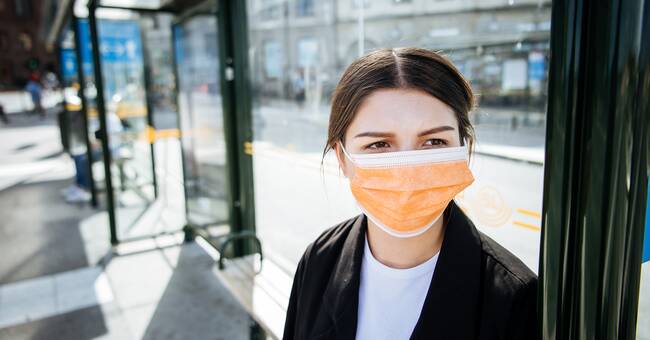In the study, which is presented today, researchers at Rigshospitalet in Copenhagen investigated whether people with mouth guards became better protected against the virus than those without.
The results show that the difference is not very large.
A group of 6,024 people was divided into two, where one half wore surgical mouth guards and the other half did not.
All were asked to live by the infection control councils issued by the Danish authorities.
After one month, 1.8 percent of the oral protection group and 2.1 percent of the control group had been infected with the coronavirus.
May indicate a small degree of protection
The researchers write in a press release that the study thus does not confirm their expected results.
The Danish researchers had expected that the mouth guards would halve the risk of becoming infected.
However, the study may indicate a small degree of protection, they write.
The researchers also point out that because the people in the study were asked to keep their distance, in line with the authorities' recommendations, the study cannot say anything about whether mouth guards protect against the coronavirus in close contact with other people.
The study also did not look at whether people with mouth guards infect others or not.

